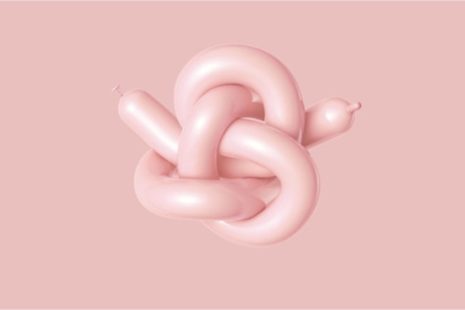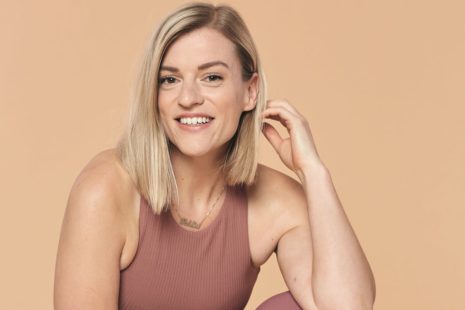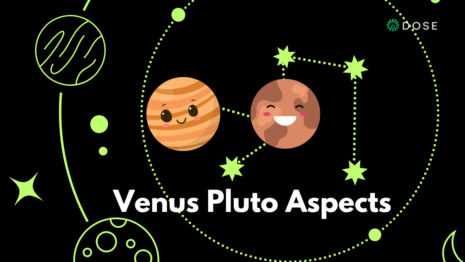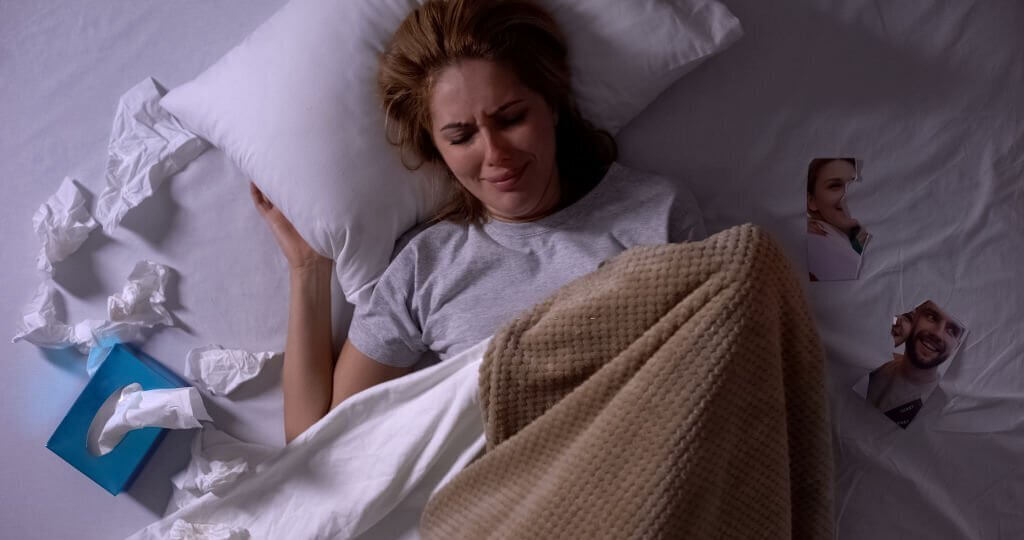Lockdown has changed life as we know it. Unsurprisingly, many people are experiencing a crisis of identity, as hobbies, social activities, work and other ways in which we demonstrate our individualism are curtailed. Amy Andrew speaks to wellness professionals about losing their identity in lockdown…
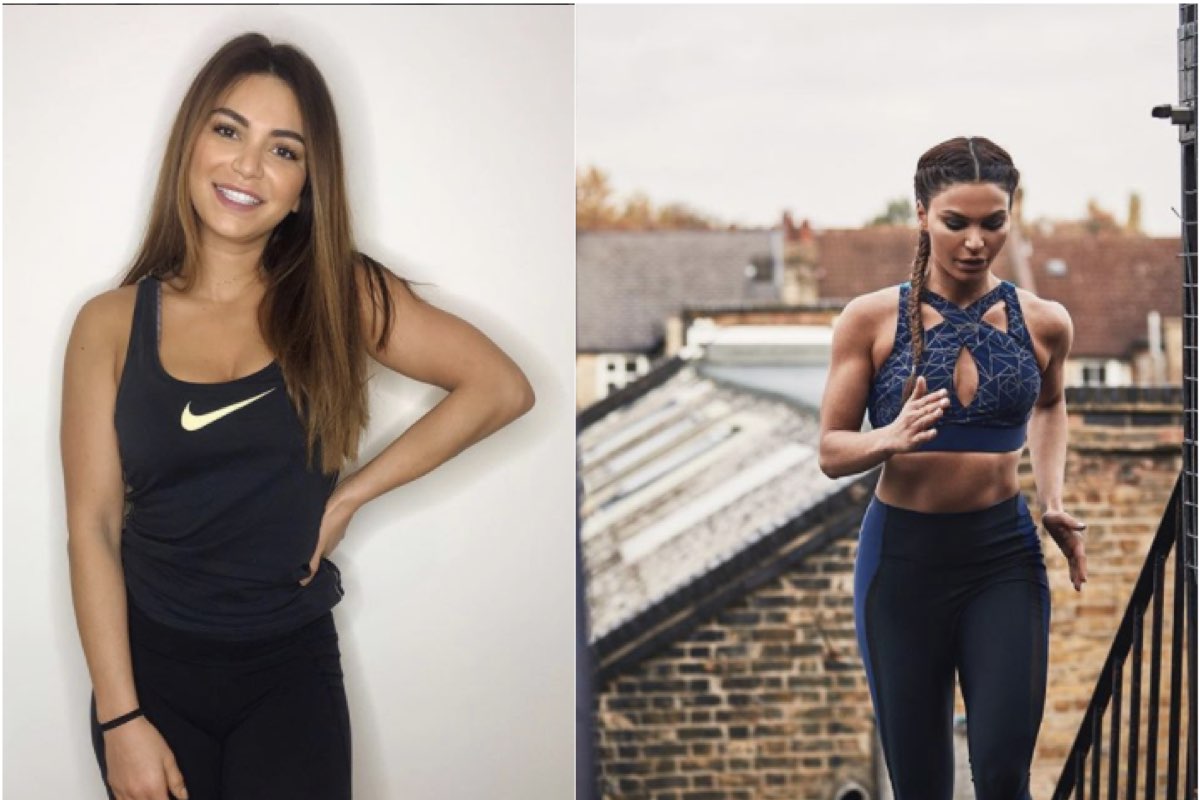
Identity crisis during lockdown?
Sana Shirvani
‘Life has been flipped 180 for me, says Sana Shirvani, 28, a film cast trainer and performance coach. ‘I am such a face-to-face people person. My job entails interacting with people on a daily basis and that isn’t happening now. Also I was three months into training the cast of a big film production, then BANG. Coronavirus.
‘With less structure and uncertainty, I felt suddenly confused. How can I achieve success when I am at home every day, not able to identify with the things that bring me joy and happiness in my day, in my job, with my clients, and within myself.
‘It made me question if I was losing myself. If I don’t have all of these identifiable things in my life, who am I? What is my purpose? Do I even have one now?’.
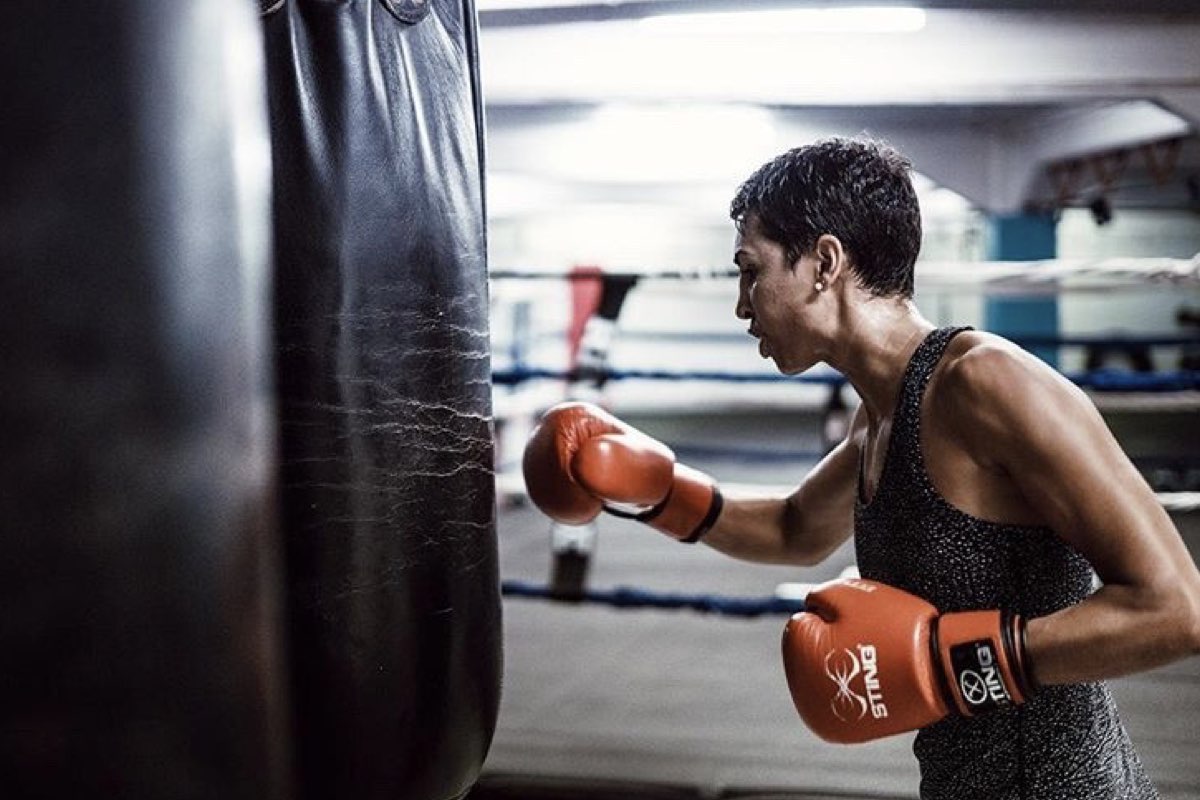
Alexis Pritchard
Alexis Pritchard, mindset and performance coach at Rebuild with Lex, points out: ‘Crisis of identity in the lockdown period makes absolute sense.
‘People have attributed a lot of who they are to what they do. And so this inability to do what you do because of the restrictions placed on lockdown makes you feel lost and purposeless, and that life really has no meaning.’
It’s pretty bleak stuff.
Alexis compares this phenomenon to an elite athlete transitioning into ordinary life once they retire – figuring out who you are is a tough ask when your identity is so closely tied to your lifestyle.
Professional boxer Savannah Marshall, one of Britain’s top athletes, was supposed to fight for a world title before quarantine. Instead, she has found herself applying for a job at the local Lidl.
Although her situation is unique – not many of us can claim World Champ status – Alexis believes Savannah’s predicament resonates among the wider population during lockdown who are also experiencing day-and-night lifestyle changes of their own.
But she believes it’s an opportunity to turn what might at first appear to be a negative situation into something positive.
‘Being at home and being in lockdown allows you to assess who you are without the things that you go out into the world and specifically do,’ she says.
‘The idea that the things that we do are the things that give us importance and worth in this world is quite an interesting social construct.’
The other issue, according to Alexis, is that our sense of self-worth and identity are often tied to other people’s reactions.
The most basic example being dressing to impress; what’s the point in making an effort with your looks if there’s no-one to see it?
She uses the example of professional athletes once again, because their achievements form a huge part of their identity in a very obvious way. For example ‘world champion’, ‘gold medalist’, or even, conversely, ‘failed tennis player’.
‘The way our society works is that you do a skill and you get a pat on the back. Or you go to work and you compare yourself to one of your colleagues and you’ve done a better job then them, so you then give yourself a pat on the back,’ says Alexis.
‘So working in isolation is very interesting. We need to get our head around it and reconnect with what’s important to us, versus what society has told us is important.’
Sana agrees. ‘There is so much external noise in everyday life. Not only the material possessions we have – which most of us will link to our identities – but as a society, we are told to be a certain way, we are brought up a certain way, we end up conforming to things we don’t truly believe is us. You are eventually moulded into someone who isn’t your true identity.’
It’s worth bearing in mind that just because we measure ourselves against our peers, it doesn’t necessarily follow that our actions are without meaning.
Sana goes on to say: ‘The gym for me isn’t only work. It’s my time to focus on me, and to give back to my mind and body for an hour. It’s an element of my life that brings me happiness.
‘This has all been stripped from me, from most of us. We no longer have the very basics of human interaction.’
Travel is another way in which many of us exercise our personalities. The freedom with which we move across the world and experience different ways of life and cultures has been a defining element for our generation.
Edward Galton, who trains with Sana and is director of production company Cake, says: ‘I have not gone for more than six weeks without getting on an airplane for the past 10, 15 maybe 20 years. It is part of who I am; it’s what makes me happy.
‘But now part of who I am has been taken away from me. The ability to travel and see my clients face-to-face is no longer an option. At the best of times I am antsy when I am in the office and not travelling.’
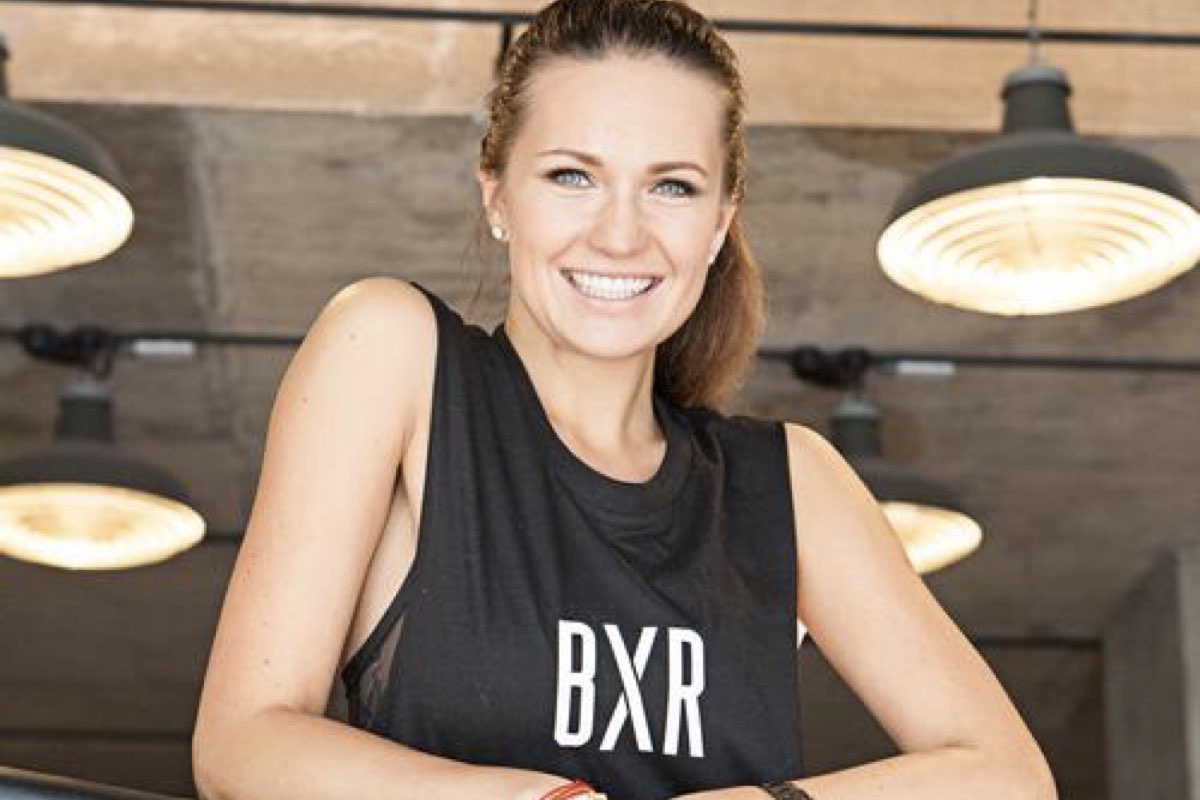
Olia Sardarova
Olia Sardarova, 33, is married with two daughters and owns BXR London, a boutique luxury gym in Marylebone. She is also used to clocking up the air miles – but has found lockdown to be a welcome relief from dashing about the world.
‘Lockdown has provided that necessary space and time in my life to reevaluate many things. The biggest revelation of all was how easy it is to stay in one place and how unnecessary was the travel in my life before,’ she says.
‘I used to be taking on average one flight a week the whole year. Sometimes up to four flights in one week in the summer months. Looking back at that lifestyle, it becomes apparent that there was no need for it, and nothing but exhaustion came out of it.’
Instead, Olia has learned to be content with spending more time on her own. She has also cut out social media from her life, taken up tapestry, and has used the extra time to work on her business and spend better quality time with her family.
As well as finding extra hours in the day, there are other positives to take from a restricted way of life.
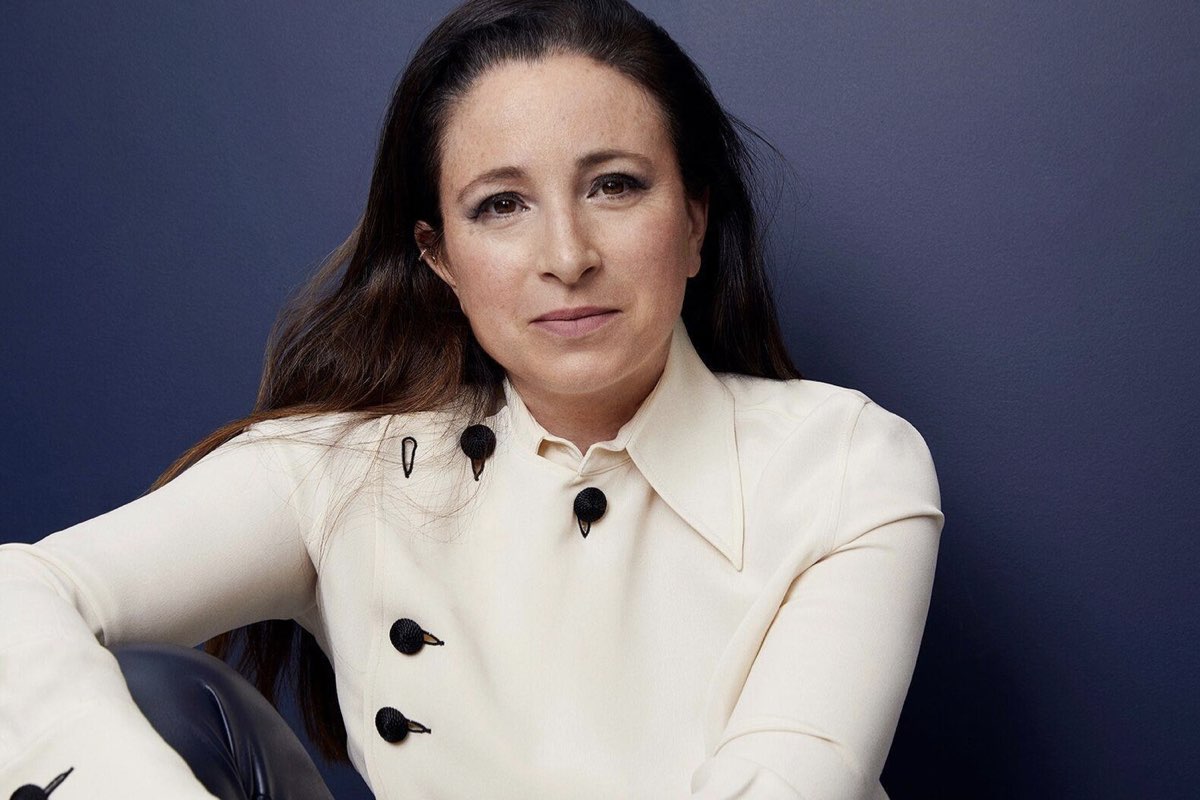
Emma Sinclair
Emma Sinclair, Co founder of EnterpriseAlumni, a successful multinational software company, says: ‘I have always had a fierce sense of self and whilst I may question my choices and the paths I take, I have never questioned who I am. If anything lockdown has reinforced that I am an entrepreneur, designed to navigate uncertainty and dicey waters with pretty resolute optimism.’
For Emma, her focus on the things that are important to her – family and environmental concerns – remain unchanged during lockdown.
Plus she believes quarantine has even strengthened some of her business relationships. In addition to cutting time spent on commuting, operating video calls from home – usually a very private sphere – adds a new element to professional interactions.
‘Video calls with customers and advisors have regular surprise interference from pets and children and it has been wonderful to have very human conversations with people where otherwise it would have been very formal. I like that barriers are down in that regard.’
Those who feel lost at this time have two options.
Spend time figuring out what it is that unsettles you. For some people it’s pretty simple – they miss routine, personal interaction, face job insecurity or need to work on sticking to a plan. Taking control really could be as easy as signing up to an online exercise class.
For others it’s more complicated.
As Sana points out: ‘We also have something we never had before. Time. A time to really delve into ourselves and understand what our identity is. Without all of the external factors we would normally have. Who are YOU, what is your purpose? I think it’s a great time to strip it back and build on your identity.’
Alexis also recommends using this period proactively.
‘Ask yourself: what’s important to me? What are my values, what do I value?,’ she suggests.
‘What is my definition of purpose or success? What are the lessons that I have learned in life and what have those lessons taught me about my character?
‘Pull away from a title or titles, and really figure out what it is that you stand for.’
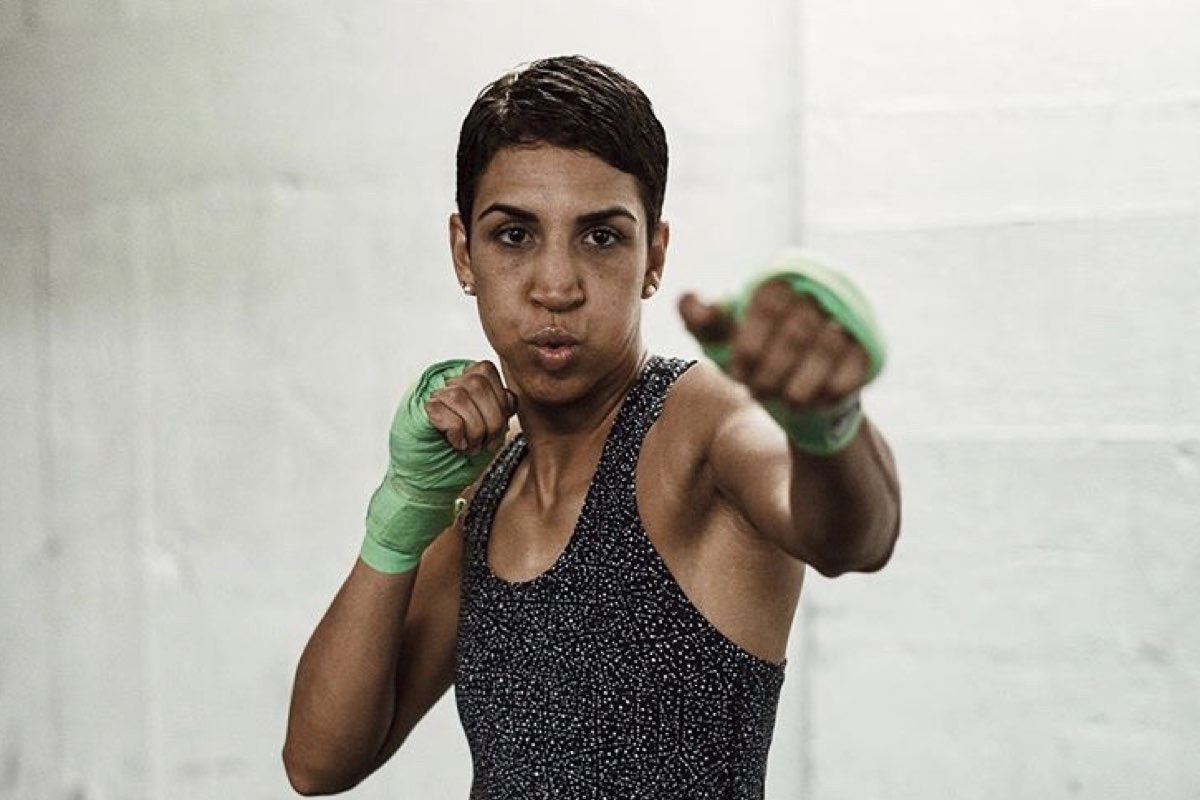
Lockdown tips by Alexis Pritchard
1. Language is important, let’s change how we talk about this situation.
‘Identity crisis’ brings up feelings of panic and destruction – ‘identity recalibration’ brings curiosity and discovery.
2. Try out new things. Connect to how they make you feel. Are they uplifting, do they make you feel more alive? If ‘yes’ – do more of that. For ‘no’, try something else. This is an opportunity to get to know who you are now. We are always evolving and this is really a wonderful time to rediscover who you are.
3. Find a mentor that you respect, and who you know will ask you the hard questions and give you straight feedback. Someone who will hold you accountable to actions you say you will do. Find a person to bounce ideas off of.
4. Be of service to others. Volunteer for a bit – it is a wonderful way to feel to have made a contribution and gives purpose to your day.
5. Cultivate gratitude for your life as it is. Start a gratitude practice and write three things you are grateful for each day.
6. Accept that you don’t have to have all the answers right now. There is no exact map for your metamorphosis. Change is not to be hurried so having the patience and knowing that, when the time is right the details will become clear.
7. Schedule in plans/activities/exercise with friends and loved ones for each week so you have things to look forward to.
Written by Amy Andrew
Main image: Shuttershock
Get your weekly DOSE fix here: SIGN UP FOR OUR NEWSLETTER



